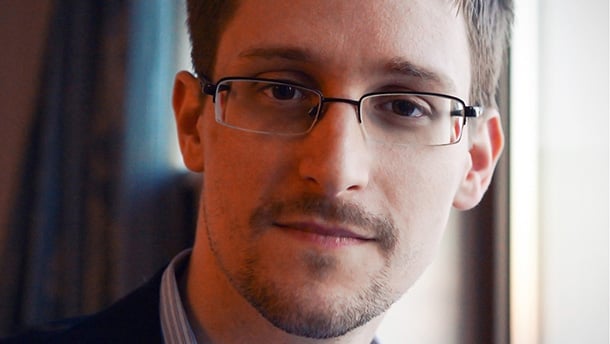One Year after Snowden Warning, How Canada Has Changed

Whistleblower Edward Snowden’s sold-out talk on the power, promise and peril of big data hits a Queen Elizabeth Theatre screen April 5 in Vancouver.
That observation, years after his first leaks shook the western state security establishment, stoked fears that the Harper government’s anti-terrorism law would further erode Canadians’ digital privacy as the controversial Bill C-51 pressed through Parliament. The repercussions of Snowden’s data collection findings are still being felt as Canada’s new government revisits flimsy oversight provisions.
Meanwhile, journalists have been covering security issues with renewed vigilance, and civil liberties organizations have found new support from the public. Corporations, embarrassed by revelations that they co-operated with security agencies to sell out their customers’ privacy, have tried to rebuild their reputations with public statements and new privacy measures.
Simon Fraser University communications professor Catherine Murray has studied these shifts since Snowden’s warning to Canada, and sees big data as an opportunity for journalists and civil liberties organizations to push back against spy powers. Her talk on mobilizing data in democratic discourse is part of the same lecture series that brings Snowden via web-link to a sold-out Queen Elizabeth Theatre crowd in Vancouver April 5.
Ahead of these speaking events, The Tyee asked Murray about what shape spy oversight and privacy reform might take in Canada, and how journalists’ treatment of security has changed since Snowden’s historic revelations.
What did Edward Snowden’s leaks in 2013 reveal about Canadian spying activity?
…click on the above link to read the rest of the article…